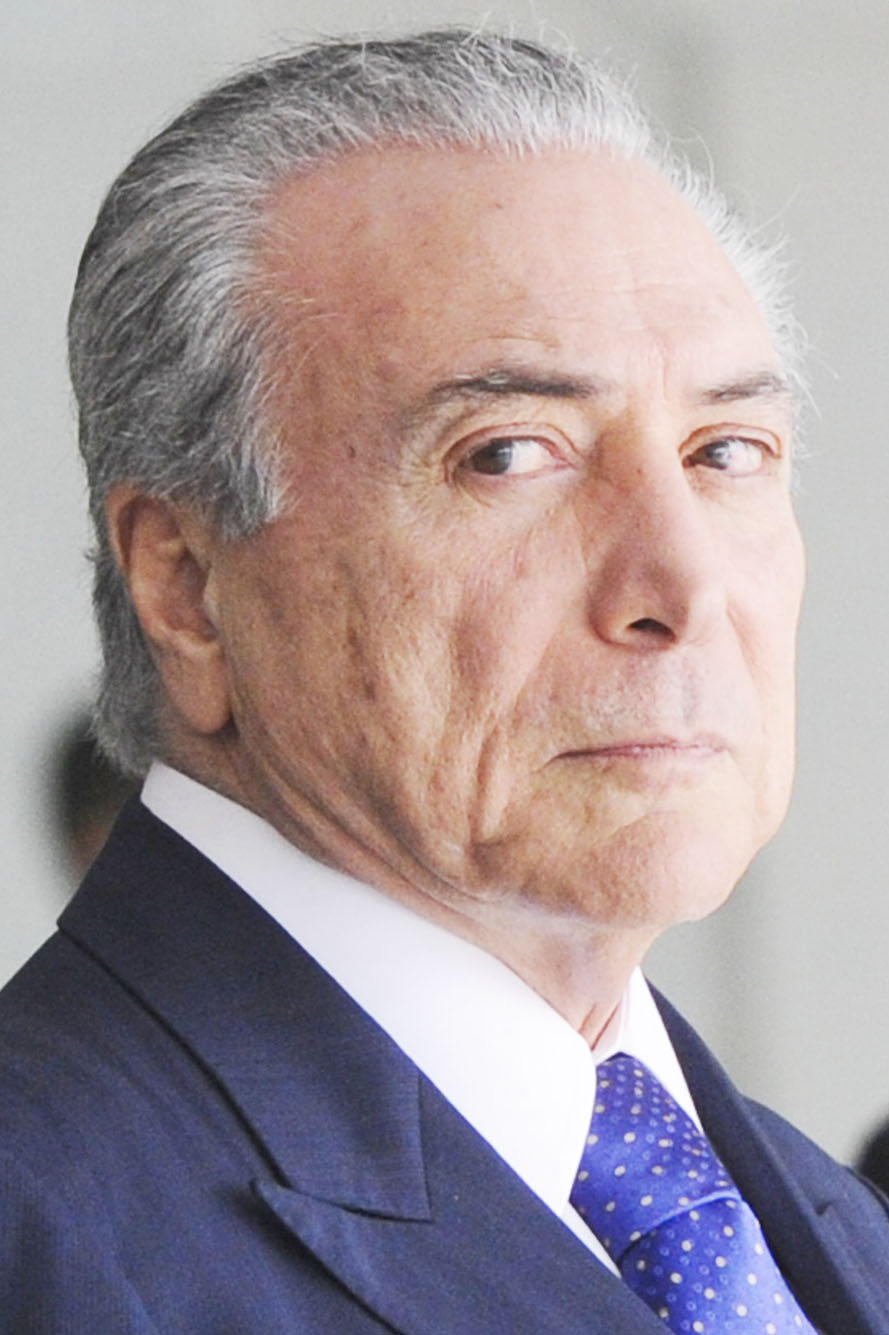BRASÍLIA, (Reuters) – The Brazilian government may restrict entrance of Venezuelans at the border in the remote northwestern state of Roraima, President Michel Temer said yesterday, after a flood of migrants has strained local services and sparked violence with residents.
Speaking in a radio interview, Temer said it could be necessary to put a daily cap on the number of Venezuelans allowed to cross the border into Roraima as local authorities were being overwhelmed by a migration crisis.
Hundreds of thousands of people are fleeing economic meltdown and political turmoil in Venezuela, where people scrounge for food and other necessities of daily life. The exodus is threatening to overwhelm neighboring countries.
Most of those head to other Spanish-speaking countries in South America, but a rising number are heading to Brazil via Venezuela’s remote southern frontier.
Temer said an estimated 700 to 800 Venezuelans cross the border at the town of Pacaraima every day.
Brazil may limit that number to between 100 and 200 people per day, the president said, just hours after his government vowed to send armed forces to maintain order in the area.
“It is inadmissible what is happening there. It is plunging the continent into discord,” Temer said.
Residents of Pacaraima ran riot this month and drove out Venezuelan immigrants after a restaurant owner was stabbed and beaten. The demonstrations forced many immigrants to flee back across the frontier to their crisis-striken country.
Temer said the decree to reestablish law and order in Roraima will be in effect for 15 days.
The exodus of Venezuelans to other South American countries is building toward a “crisis moment” comparable to events involving refugees in the Mediterranean, the United Nations said this week.
Top immigration officials from Peru, Colombia and Brazil met in Colombian capital Bogota on Tuesday to discuss how to cope with the influx.
There are close to 1 million Venezuelans now living in Colombia and more than 400,000 in Peru, the countries said in a joint statement after the meeting.










